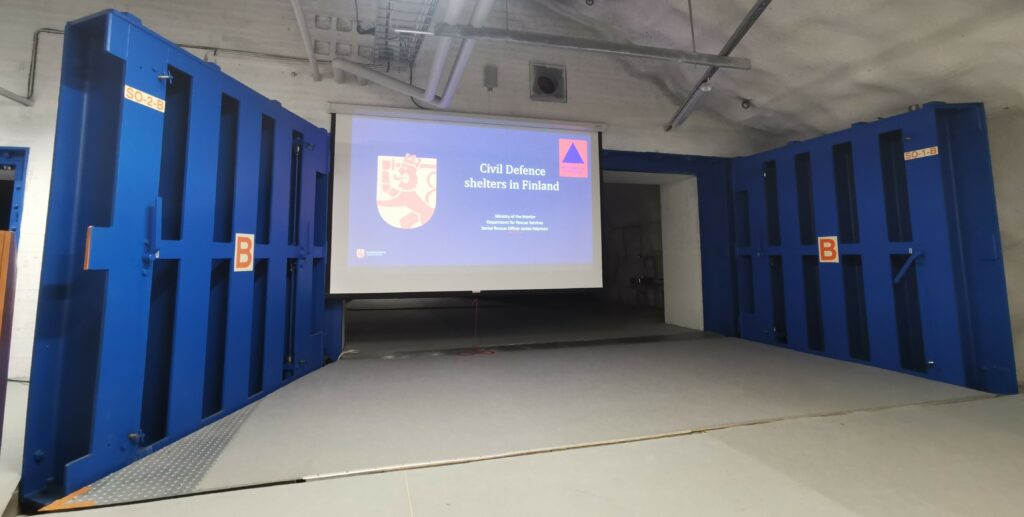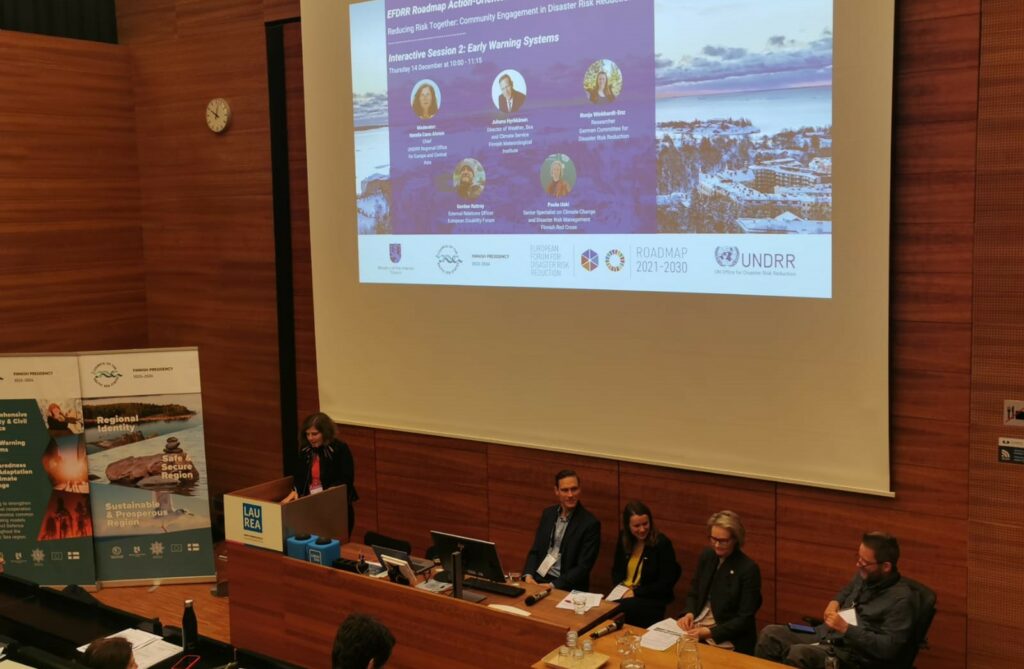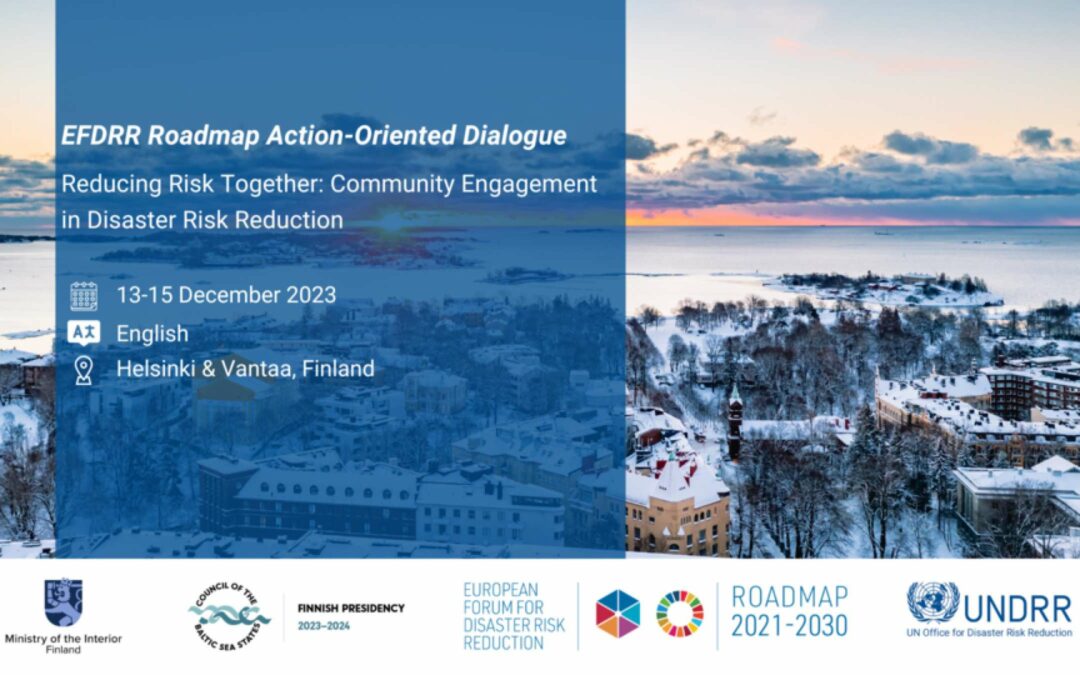Reducing Risk Together: Community Engagement in DRR
Disaster risk reduction is a collective responsibility, involving various groups with diverse skills, resources, and knowledge. An all-encompassing approach is crucial for achieving the Sendai Framework’s goals and building resilient communities. Therefore, it’s essential to involve different groups in risk reduction processes to enhance their capacities to tackle challenges across sectors and leverage their strengths to boost resilience.
In May 2023, during the Midterm Review of the Sendai Framework for Disaster Risk Reduction 2015-2030, UN Member States agreed on a political declaration advocating for the inclusive participation of all societal groups in disaster risk reduction forums, processes, and the design and implementation of related policies, plans, and programs. The Action Oriented Dialogue (AOD) aims to expedite the implementation of the regional EFDRR Roadmap 2021-2030 and Sendai Framework by focusing on “Reducing Risk Together”.
The EFDRR Roadmap 2021-2030 has four priorities:
- Understanding and communicating existing, emerging, and future systemic risks
- Inclusive and collaborative systems for governance and decision-making
- Supporting investments in resilience
- Preparedness for response and resilient recovery
Our colleague Ronja Winkhardt-Enz participated in the Action Oriented Dialogue conducted from 13-15th of December in Helsinki, Finland. The event was organized by UNDRR, the Finnish Ministry of the Interior, and the Council of the Baltic Sea States with participants from different stakeholder groups like national and local governments, media, science, youth, disability, gender, and NGOs.

After a field visit to a multiuse Civil Defense Shelter in the city center of Helsinki, two days were spent to discuss key topics such as youth and risk communication, volunteer engagement in DRR, the role of science and the private sector in resilience building, and inclusive early warning systems. Ronja Winkhardt-Enz joined the panel of early warning systems to speak about the social process, the effectiveness, and experiences from Germany in regard to early warning systems.
In a following roundtable discussion Ronja Winkhardt-Enz and Reem Al-Jebzi from ADRA Sweden represented GNDR to speak on behalf of NGOs and their needs and recommendations for the upcoming EFDRR in 2024.



